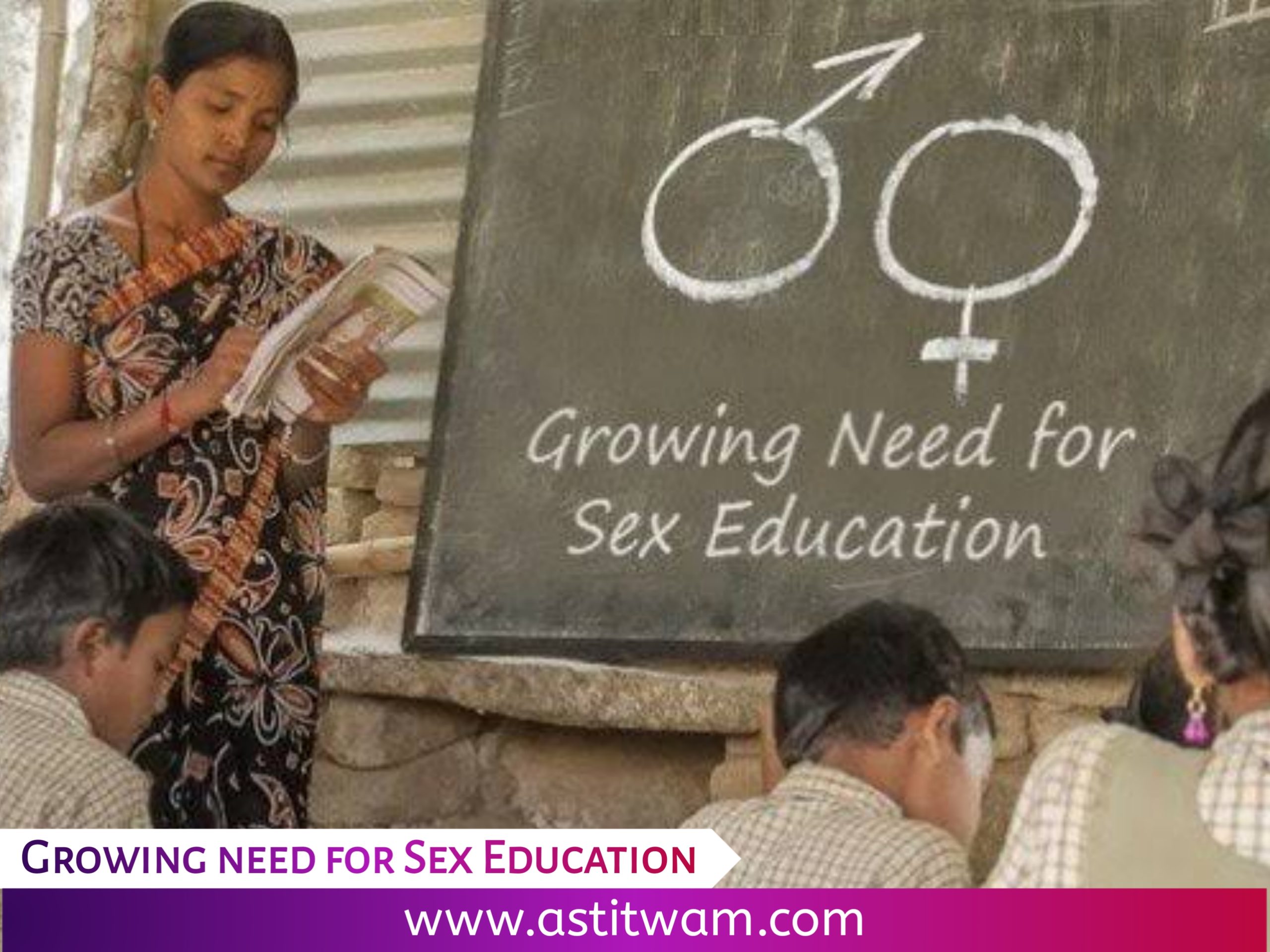Guiding Adolescent Sexuality: Strategies for Addressing Toxic Distractions

Dealing with toxic sexual distractions during children’s adolescence requires open communication, education, and a supportive approach. Here are some strategies to consider:
- Create a safe and open environment: Foster an environment where children feel comfortable discussing sensitive topics related to sexuality without fear of judgment or punishment. Encourage open dialogue by actively listening, showing empathy, and providing factual information.
- Provide comprehensive sex education: Ensure that children receive accurate and age-appropriate information about sexuality, consent, healthy relationships, and reproductive health. This education can help them make informed decisions, develop healthy attitudes, and understand the consequences of their actions.
- Teach about consent and boundaries: Educate children about the importance of consent, respect for personal boundaries, and the concept of enthusiastic and ongoing consent in all types of relationships. Emphasize that no one should ever feel pressured or coerced into any sexual activity.
- Promote healthy relationships: Teach children about the characteristics of healthy relationships, including communication, trust, respect, and equality. Discuss red flags and warning signs of abusive or manipulative behavior and emphasize the importance of seeking help if they encounter such situations.
- Monitor and guide online activities: Be aware of your child’s online presence and activities. Set appropriate boundaries and establish guidelines for internet usage. Discuss the potential risks of online sexual content, sexting, and online predators. Encourage responsible and safe online behavior.
- Address peer pressure: Talk to your child about the influence of peers and the importance of making decisions based on personal values, comfort levels, and respect for themselves and others. Teach them strategies to resist negative peer pressure and make independent choices.
- Discuss media portrayals: Help children critically analyze and understand media portrayals of sexuality, which often present unrealistic and harmful expectations. Encourage them to question and challenge media messages and develop a healthy skepticism.
- Establish trust and support: Build a strong foundation of trust with your child so that they feel comfortable coming to you with their questions, concerns, or experiences related to sexuality. Be non-judgmental, supportive, and offer guidance or professional help when needed.
- Address gender stereotypes and body image: Discuss societal expectations around gender roles, body image, and beauty standards. Encourage your child to develop a positive body image and self-esteem, promoting a healthy understanding of diverse body types and challenging unrealistic ideals.
- Seek professional help if necessary: If your child is displaying concerning behavior, engaging in risky sexual activities, or experiencing significant distress related to sexuality, consider involving a healthcare professional, therapist, or counselor specializing in adolescent sexual health.
Remember, dealing with toxic sexual distractions requires ongoing conversations, active listening, and a non-judgmental approach. By providing accurate information, promoting healthy attitudes, and fostering open communication, you can help your child navigate their emerging sexuality in a safe and positive manner.




